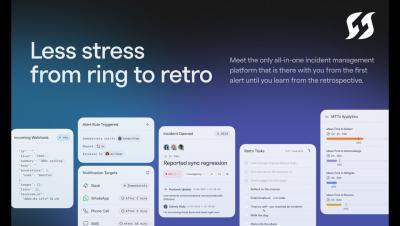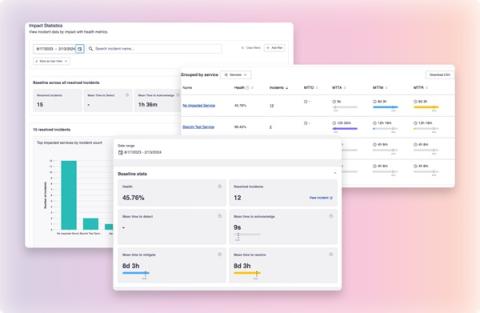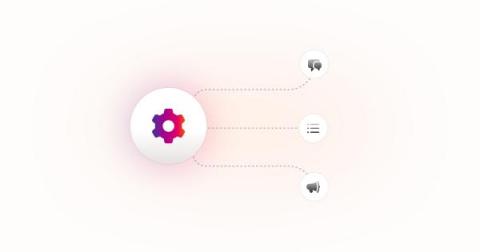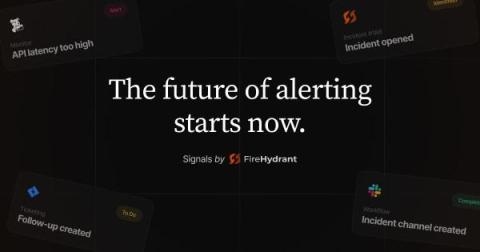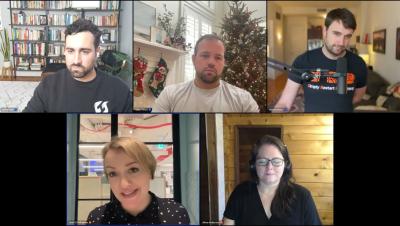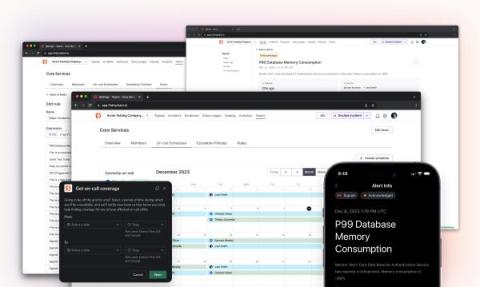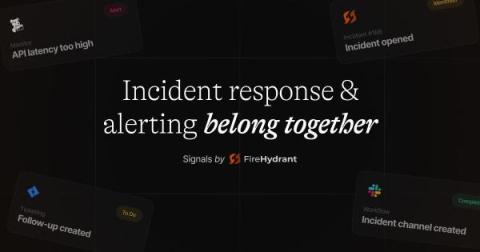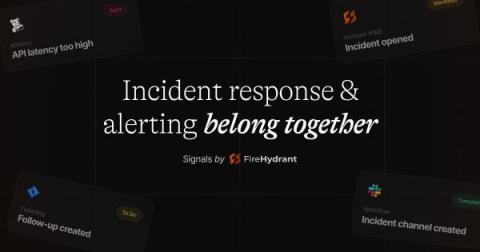Operations | Monitoring | ITSM | DevOps | Cloud
FireHydrant
New MTTX analytics to drive your reliability roadmap
The revolution in critical incident response at Dock: efficient integration and service improvement
The alert fatigue dilemma: A call for change in how we manage on-call
Once the unsung heroes of the digital realm, engineers are now caught in a cycle of perpetual interruptions thanks to alerting systems that haven't kept pace with evolving needs. A constant stream of notifications has turned on-call duty into a source of frustration, stress, and poor work-life balance. In 2021, 83% percent of software engineers surveyed reported feelings of burnout from high workloads, inefficient processes, and unclear goals and targets.
Better Incidents Winter Bonfire: Inside On-Call
Now in beta: alerting for modern DevOps teams
Although FireHydrant has spent five years focused on what happens after your team (erg, I mean service 🙄) gets paged, the topic of alerting often comes up in discussions with our community. People are tired of paying big bucks for software that’s expensive, bloated, and hasn’t seen much innovation. Clearly, there’s a problem here – and we’re tackling it head on.
Captain's Log: Diving into our scheduling design
On-call scheduling is tricky. Like, really tricky. It was one of the scariest parts when we decided to build a modern alerting system earlier this year. We knew we couldn't cut any corners on Day One of our release because it needed to be a fully loaded feature for someone to realistically use our product (and replace an incumbent). This meant including windowed restrictions, coverage requests, and simple to complex rotations.
Your guide to better incident status pages
Your status page (or lack thereof) has the opportunity to signal a lot about your brand — how transparent you are, how quickly you respond to incidents, how you communicate with your customers — and ultimately, this all seriously impacts your reliability. After all, as our CEO Robert put it in a recent interview on the SRE Path podcast, you don’t get to decide your reliability; your customers do.
Captains Log: How we are leveraging CEL for Signals
As engineers, we didn't want to make Signals only a replacement for what the existing incumbents do today. We've had our own gripes for years about the information architecture many old companies still force you to implement today. You should be able to send us any signal from any data source and create an alert based on some conditions. We're no strangers to building features that include conditional logic, but we upped the ante when it came to Signals.
Captains Log: A first look at our architecture for Signals
Welcome to the first Signals Captain’s Log! My name is Robert, and I’m a recovering on-call engineer and the CEO of FireHydrant. When we started our journey of building Signals, a viable replacement for PagerDuty, OpsGenie, etc, we decided very early that we would tell everyone what makes Signals unique, and what better way than to tell you how we’re building it (without revealing too much 😉). Let’s jump in.


